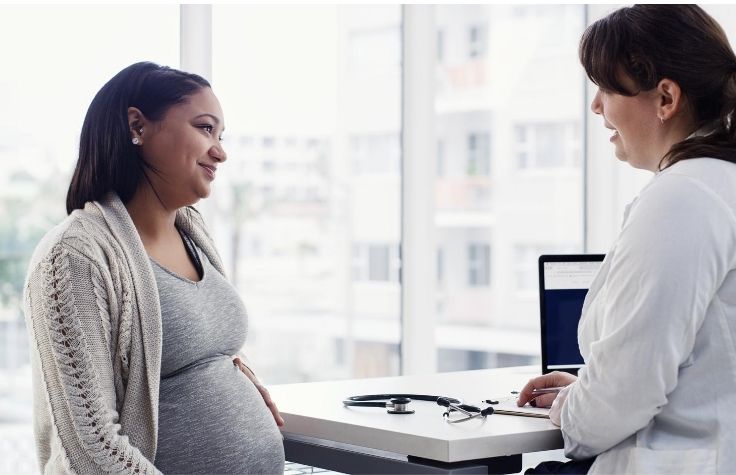
19 August 2020
This is a huge win for parents-to-be.
Some of the country’s largest health care insurers look to the ACOG guidelines to determine their coverage. Many have not offered genetic testing benefits without restrictions, but this amended position could open doors for thousands of expecting parents.
Many NIPT tests leverage the power of next generation sequencing to analyze cell-free DNA from a maternal blood sample to screen for fetal aneuploidy, including common chromosomal conditions including trisomy 21 (Down syndrome), trisomy 18 (Edwards syndrome) and trisomy 13 (Patau syndrome). NIPT is the most sensitive and specific screening test for chromosomal changes and could prevent the need for more invasive procedures, among others.
ACOG’s recommendations positively impact the quality of care for expectant mothers in more ways than one. Granting access to NIPT not only serves the main purpose of providing valuable insights about the health of a pregnancy, but it also streamlines and eases the testing procedure itself. It would also eliminate additional office visits for multiple screening tests—which is especially beneficial during the pandemic. Finally, the cfDNA test itself involves a single, simple blood draw.
“The cell-free DNA test is the best frontline aneuploidy screen for pregnant women,” said Jim Goldberg, Chief Medical Officer, Myriad Women’s Health. “It provides the most accurate, sensitive, and specific screening for the common aneuploidies—that is to say, it will give expectant families the most critical information possible today. It’s also the easiest and fastest noninvasive test available on the market. This is a huge win for parents-to-be.”
“We’re pleased to see ACOG’s new guidance that recognizes the superior performance of NIPT and the benefit it provides expectant families,” said Phil Febbo, M.D., Chief Medical Officer at Illumina. “Endorsing NIPT for all pregnant women will help expand insurance coverage and broaden access to the most accurate prenatal screening currently available.”
This kind of unprecedented access will empower more parents to prepare and make informed pregnancy decisions. Previously, that was not possible.
Endorsing NIPT for all pregnant women will help expand insurance coverage and broaden access to the most accurate prenatal screening currently available.
Ronald Wapner, MD, Vice Chair of Research in Obstetrics and Gynecology for Columbia University Irving Medical Center and Director of Reproductive Genetics, echoed the sentiments of Goldberg and Febbo and added, “The biggest advantage of NIPT in addition to its improved sensitivity is the incredibly small false positive rate which markedly reduces unnecessary anxiety for pregnant women.” This is especially true in the case of Erin Sanderson, a mother of two in Tyler, Minnesota.
“I asked for NIPT with both of my pregnancies but because I was under the age of 35 my insurance would not cover the cost,” said Sanderson. “A close family member had unexpected news of her baby’s development prior to birth and they were able to prepare. Knowing all the complexities of pregnancy and my anxious mind, I wanted to uncover any critical information so I could prepare emotionally and put medical specialists in place at delivery if necessary. As a family we wanted to know more so we could do more.”


